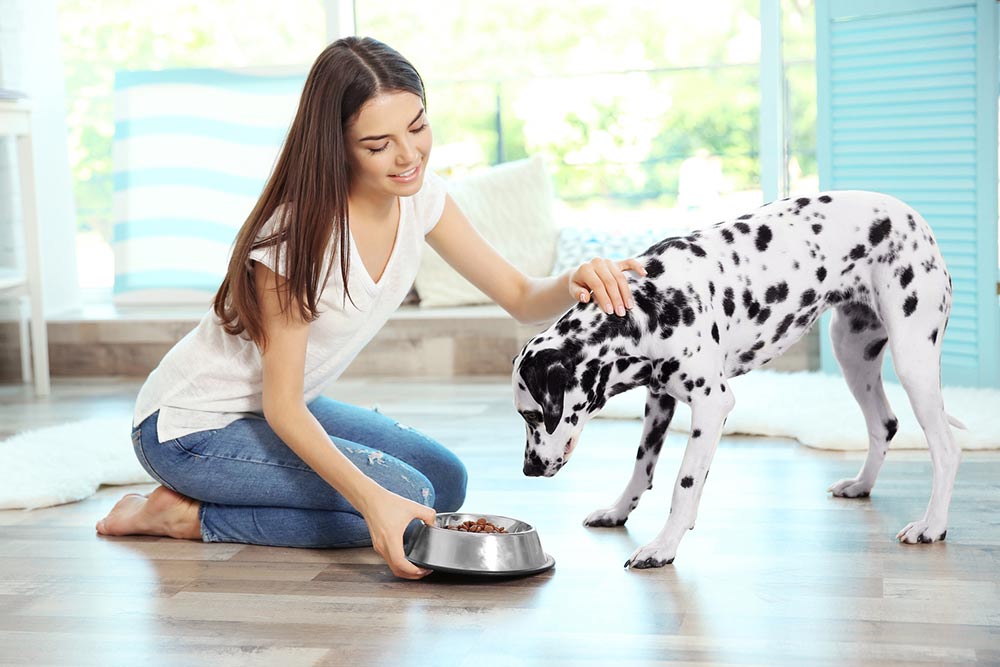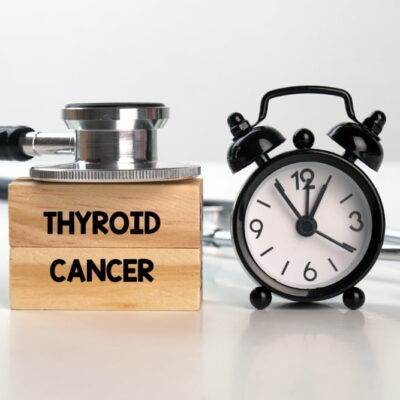
9 Dog Feeding Tips for Pet Parents
Pet parents know that their pup’s health is majorly dependent on food. Proper nutrition ensures a happy and active canine companion with fewer health issues. Some human foods and common store-bought dog foods may provide the necessary nutrients, but it’s also important to know the right feeding habits to ensure these nutrients’ absorption. These are important to maintain a dog’s health and energy levels. Here are some healthy feeding tips from experts for optimal pet health:
1. Choose high-quality dog food
Opt for premium dog food that meets the nutritional needs of a dog. Some common nutrients essential for a dog include omega 6 and zinc to maintain coat and skin health, magnesium and potassium for heart health, and protein for muscles. Look for options with high-quality protein sources, essential vitamins, and minerals.
2. Consider age-appropriate food
Puppies, adult dogs, and seniors have different metabolic rates and require different types and quantities of nutrients. Even the size of the dog influences the type of food they consume. So, one can consult the doctor and get dog food formulas suitable for the pet’s life stage and breed.
3. Ensure portion control
Avoid overfeeding by following the recommended portion sizes. Dog breeds that outgrow their normal sizes are more prone to health issues, so be mindful of calorie intake. Since dogs may gobble down food without chewing it well, one can set certain ground rules and train them to have better eating habits. For example, making them “sit” before offering a meal or using slow feeder bowls can fulfill their instinct to work for their food and maintain good health.
4. Consult a veterinarian
Pet parents must consult a veterinarian before changing the dog’s food habits. They can provide personalized feeding schedules and nutrition requirements per the dog’s breed, age, weight, and health status.
5. Set a feeding schedule and monitor from a distance
Dogs thrive at routine meal times. A consistent feeding schedule regulates their eating habits and ensures proper digestion. One common factor to consider while setting a schedule is not letting the dog engage in any hectic physical activity immediately after a meal since it can lead to stomach issues like gas or indigestion.
6. Provide limited treats
It is advised to keep human food, like chocolate, grapes, or other table scraps, away from dogs. These can cause health issues or overeating. Instead, it’s best to give specially formulated dog treats to them for learning new tricks or good behavior. Treats should ideally only constitute about 10% of the furry pet’s daily caloric intake.
7. Make gradual food changes
If the vet recommends any changes to the dog’s food intake, it’s important to make them gradually. One way to do it is to mix the old type of food with the new one and gradually increase its ratio. This also helps the pet parents watch out for emerging or new allergies like itching or digestive problems.
8. Ensure the availability of fresh water
Hydration is crucial for their well-being, especially after a play or physical activity. So, the pet parents should ensure fresh water is available for their pets.
9. Maintain teeth
Oral hygiene is another important aspect of overall dog health. Pet parents can maintain optimal oral health with the help of chew toys, vet-recommended brushing, and teeth-cleaning sessions.


